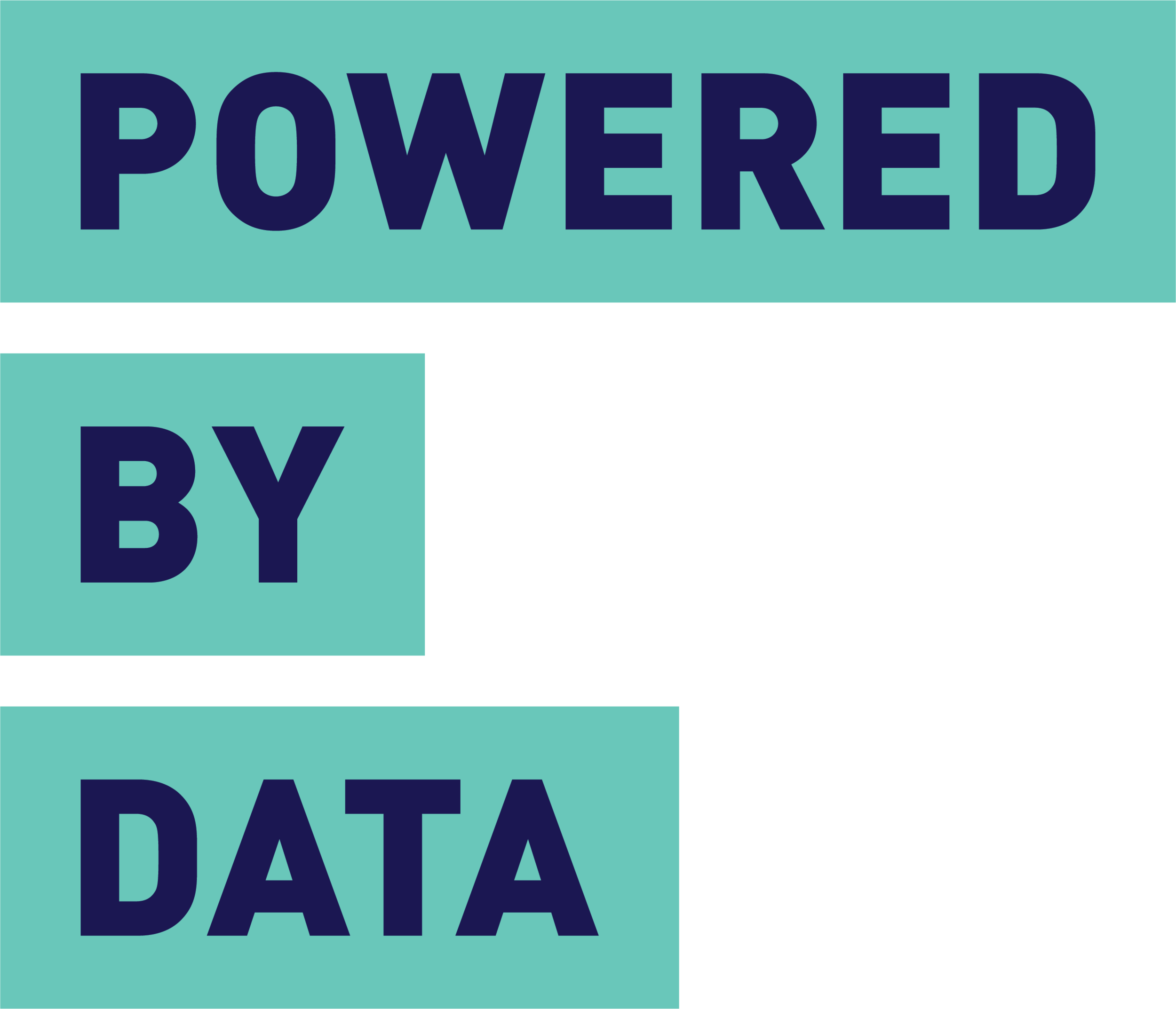Evolution and stewardship of Canada's non-profit data - the T3010 Users Research Day
[This article is cross-posted on PoweredbyData and Ajah's principal blog] You already know that we get pretty excited about non-profit data. The motherload of Canadian non-profit data is the T3010 form, the tax form that all charities have to fill in and is subsequently made available by the Canada Revenue Agency. It contains some great financial, HR data, and governance data as well as some other information about the charity's activities. That's why we are founding members of the T3010 group, initiated by Peter Elson and Francois Brouard from Mount Royal University and Carleton University, respectively.
The T3010 DATA USERS RESEARCH GROUP is a group of interested individuals who want to share information about the T3010 data. It is operated on a voluntary basis. Since 2011, members of the T3010 Data Users Research Group have regular discussion by teleconference on different issues and interests associated with the use of T3010 data. The interests of the members of the T3010 data users group are wide ranging in terms of applicability, but are also focused on a) having access to a common data set that would provide a basis for comparative research; b) identifying the incidence of errors and oversights which could be addressed, etiher by CRA or researchers; c) identifying gaps in T3010 data which prevents research from taking place; and d) engaging in mutual and collaborative research.
On May 26th, there was a meeting between the group and the Charities Directorate of the CRA at Carleton. It concerned the further evolution of the form, as well as some discussion of the Non-Profit Risk Identification project, currently being managed by the Treasury Department. We were very happy to sponsor the event. There was a healthy discussion on the type of data collected and the future of the form. Ajah's main input was 1) that this data was very useful for operations of the non-profit sector, 2) that the principal use of this data in the future will be by applications, not people, and 3) that the availability of this data is unique in the world and that our friends to the south are especially jealous, as they fight for access to their 990 form data.

